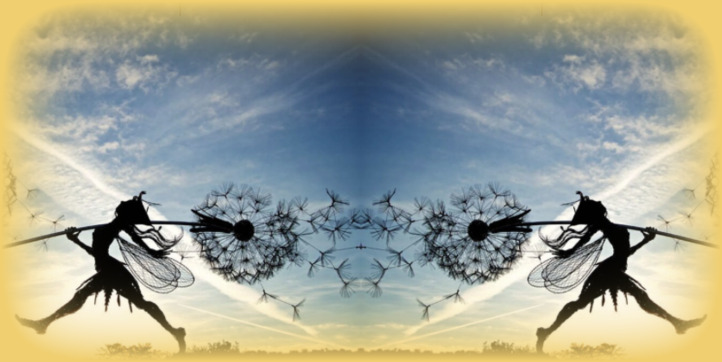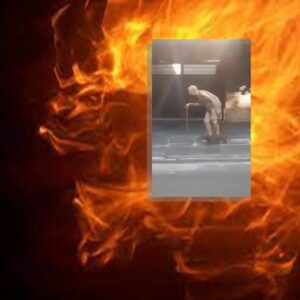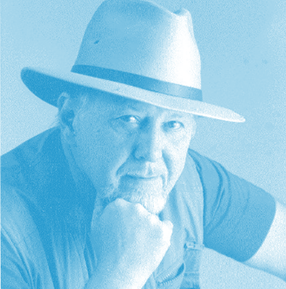I Age (V2) Arthritis and aging make it hard, I walk gingerly, with a cane, and walk slow, bent forward, fear threats, falls, fear denouement─ I turn pages, my family albums become a task. But I can still bake and shake, sugar cookies, sweet potato, lemon meringue pies. Alone, most of my time, but never on Sundays, friends and communion, United Church of Canada. I chug a few down, love my Blonde Canadian Pale Ale, Copenhagen long cut a pinch of snuff. I can still dance the Boogie-woogie, Lindy Hop in my living room, with my nursing care home partner. Aging has left me with youthful dimples, but few long-term promises.
Crypt in the Sky (V2) Order me up, no one knows where this crypt in the sky like a condo on the 5th floor suite don’t sell me out over the years; please don’t bury me beneath this ground, don’t let me decay inside my time pine casket. Don’t let me burn to cremate skull last to turn to ashes. Treasure me high where no one goes, no arms reach, stretch. Building for the Centuries then just let it fall. These few precious dry bones preserved for you, sealed in the cloud no relocation is necessary, no flowers need to be planted, no dusting off that dust each year, no sinners can reach this high. Jesus’ heaven, Jesus’ sky. Note: Dedicated to the passing of beloved Katie Balaskas.
Priscilla, Let’s Dance (V2) Priscilla, Puerto Rican songbird, an island jungle dancer, Cuban heritage, rare parrot, a singer survivor near extinction. She sounds off on notes, music her vocals hearing background bongos, piano keys, Cuban horns. Quote the verse patterns, quilt the pieces skirt bleeds, then blend colors to light a tropical prism. Steamy Salsa, a little twist, cha-cha-cha dancing rhythms of passions, sacred these islands. Everything she has is movement tucked nice and tight but explosive. She mimics these ancient sounds showing her ribs, her naked body. Her ex-lovers remain nightmares pointed daggers, so criminal, so stereotyped. Priscilla purifies her dreams with repentance. She pours her heart out, everything condensed to the bone, petite boobies, cheap bras, flamboyant G-strings. Her vocabulary is that of sin and Catholicism. Island hurricanes form her own Jesus slants of hail, detonate thunder, the collapse of hell in her hands after midnight. Priscilla remains a background rabble-rouser, almost remorseful, no apologies to the counsel of Judas wherever he hangs.
Willow Tree Poem (V2) Wind dancers dancing to the willow wind, lance-shaped leaves swaying right to left all day long. I’m depressed. Birds hanging on- bleaching feathers out into the sun.

Michael Lee Johnson lived ten years in Canada during the Vietnam era. Today he is a poet in the greater Chicagoland area, IL. He has 283 YouTube poetry videos. Michael Lee Johnson is an internationally published poet in 44 countries, a song lyricist, has several published poetry books, has been nominated for 6 Pushcart Prize awards, and 6 Best of the Net nominations. He is editor-in-chief of 3 poetry anthologies, all available on Amazon, and has several poetry books and chapbooks. He has over 453 published poems. Michael is the administrator of 6 Facebook Poetry groups. Member Illinois State Poetry Society: http://www.illinoispoets.org/











